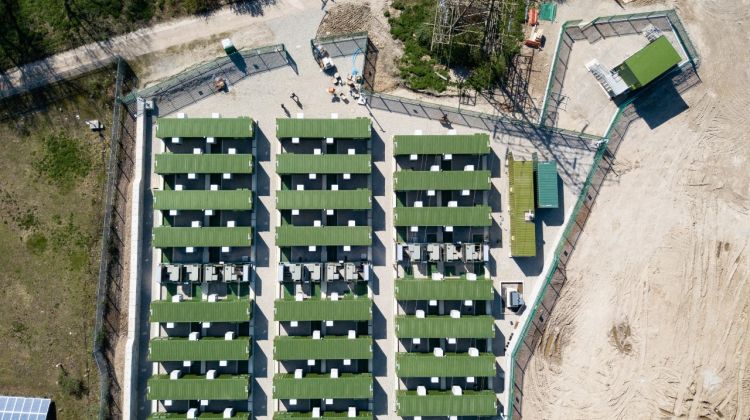The energy regulator Ofgem has opened a review into capacity market rules stating that they still “remain appropriate” ten years on.
The consultation will enable stakeholders and market participants to provide their experience operating with capacity market rules in a bid to help shape the ten-year review which will be published by 1 August 2024, Ofgem revealed.
In particular, the responses should determine whether the capacity market “objectives remain appropriate, and whether they could be met with less administrative burden”.
Ofgem emphasised that it would not be consulting on specific change proposals in the ten-year review, instead calling on those who wish to submit change proposals to do so via submissions to the Capacity Market Advisory Group (CMAG) or directly to Ofgem.
The consultation opened on Monday (8 January) and the organisation is seeking responses up until 19 February 2024.
For context, the capacity market offers all capacity providers, including new and existing power stations, electricity storage and capacity provided by voluntary demand reduction, a steady, predictable revenue stream in which organisations are able to base future investments on. Doing so creates certainty for investors and boosts confidence in the sector.
The capacity market continues to perform its role but is reform needed?
In fact, Current± reported in March 2022 that investors were increasingly turning their attention to the balancing mechanism and capacity market for future long-duration battery storage revenue streams, with research from consultancy LCP suggesting batteries could play a larger role in both.
This potential was realised as battery storage projects totalling 627MW were awarded contracts in the UK’s 2023-24 capacity market auction which concluded on 14 February.
It is also worth noting that the capacity market has been subject to reform with fears that the UK would miss its 2035 electricity decarbonisation target. In particular, Onward, a think tank, believed that the integration of REMA would lead to the reformation of renewable investment support schemes such as the capacity market and contracts for difference (CfDs).
The government also weighed in its thoughts on potential reforms for the capacity market in January 2023 including adding additional greener, flexible technologies to be able to compete in the capacity market auctions.
This would be achieved by offering multi-year contracts for low carbon flexible capacity with the government including smart demand side response technologies and smaller-scale electricity storage amongst these technologies.
The result of this could help deliver a clean energy system in the UK without compromising on price and leaving millions struggling to pay energy bills, it said.






